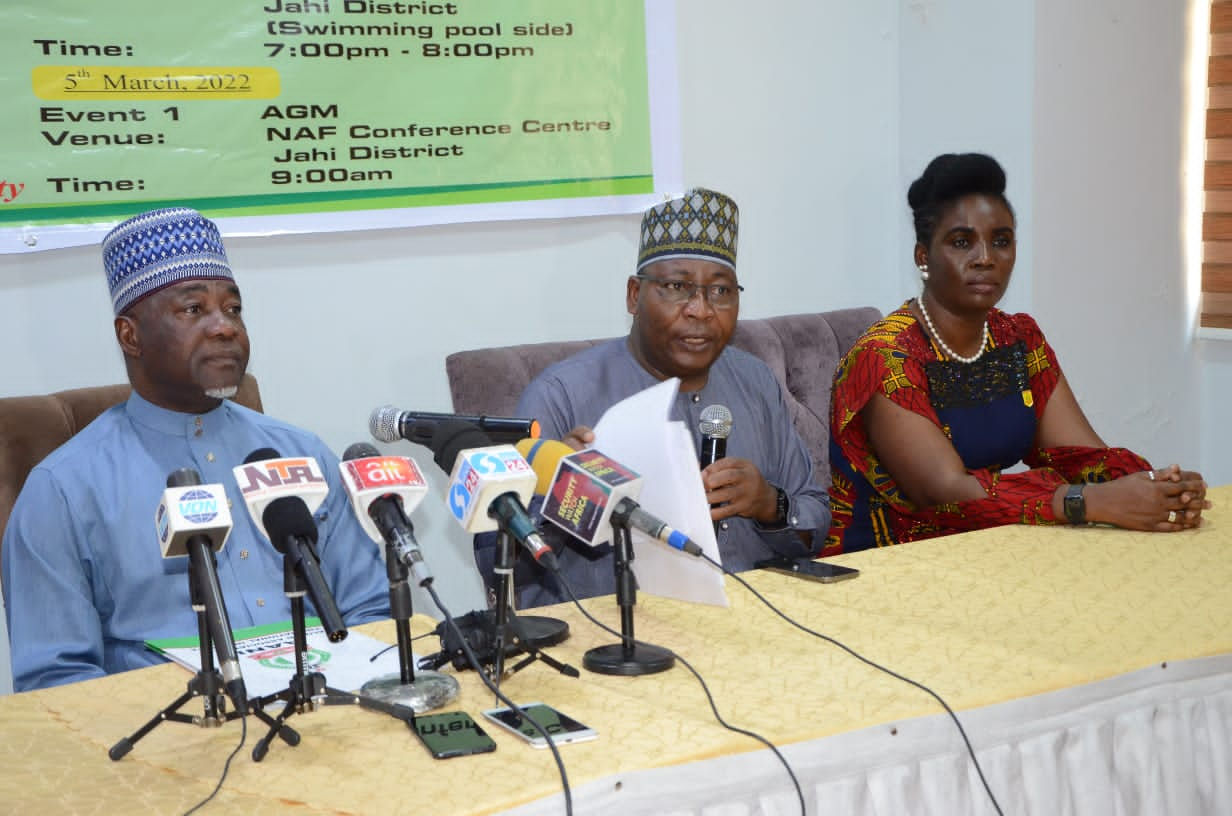Their critics taunt them for obsession with privilege rather than producing ground breaking essays that could materialise Nigeria better in a world order determined by a tighter knowledge – power nexus. But they appear determined to expand their space in the polity nevertheless, with activities that they consider most meaningful within their own horizon of understanding.

Critics say NIPSS was planned to serve as an incubation centre to produce people with high level of abstraction and capacity for think tanking. Can AANI do anything about that?
We are referring to the alumni of Nigeria’s National Institute for Policy and Strategic Studies, (NIPSS), the country’s finishing school for the policy elite. It is, according to Mohammed Dahiru Abubakar, a former Inspector General of Police and the National President, “an association of eminent Nigerians that attended the Senior Executive Course (SEC) at the prestigious National Institute for Policy and Strategic Studies (NIPSS), Kuru, Plateau State, since the establishment of the Institution in 1979 to date”.
Currently unfolding in Abuja, Nigeria’s capital city, for instance, is the alumni’s Annual General Meeting for 2022 which was kick started with a media briefing Thursday, March 3rd, 2022 and during which the National president disclosed the focus for this year’s AGM: “Repositioning AANI for greater effectiveness”.
As if aware of the criticisms against it, the alumni boss explains how deeply concerned is the association “over the noticeable divisive tendencies among the components of Nigerian society, armed violence, economic difficulties, and heated political space that have created social tension, loss of lives and widespread fear over the future of our dear country, as a united and democratic society”. It adds how the efforts by Governments at various levels to tackle these challenges achieved only a marginal success, an outcome it understands in terms of the deep rooted nature of the challenges and which “require comprehensive, participatory, and proactive solutions”.
Towards this end, AANI in consideration of itself as a Think Tank is to hold a national dialogue on national unity. But that is not all, it is also calling on the political class to uphold global best practices and focus on the security, welfare and economic prosperity of Nigerians over and above their personal ambitions and pecuniary interests as the country approaches the 2023 general elections. It is hoping that with the recent presidential assent to the Electoral Act, “there is a new opportunity for free and fair election in Nigeria”.
By its own analysis, however, the challenges facing Nigeria cannot be properly addressed “unless broadminded and selfless individuals with capacity and courage seek and get elected to elective positions”. The association’s guarantee of this is its clarion call on Nigerians with such qualities, particularly members of the alumni to participate actively in the political process as part of efforts to rescue Nigeria. And it is not done yet. “We must deemphasise money politics and come together to sponsor candidates that can pursue an agenda for the common good”, a project for which AANI is hoping to convene a stakeholder meeting ahead of the 2023 election. This is so that it could sensitize both politicians and electorates on the need to focus on issues that affects the lives of the people and the candidates with the capacity and pedigree to address them rather than selfish interests and material inducements.
Those who read politics to the 2022 AGM might not be ruled out of order just as those who see nothing but the unfolding of patriotism might as well be correct. Brigadier-General Sani Kukasheka Usman who serves as the National Publicity Secretary of the association may not agree to such a reading but it would hardly be surprising if one of the next presidential aspirants for 2023 is a product of NIPSS. That would neither be good or bad in itself, especially if the alumni quickly shows evidence of the exceptionalism by which members of the elite are defined in other climes.




























